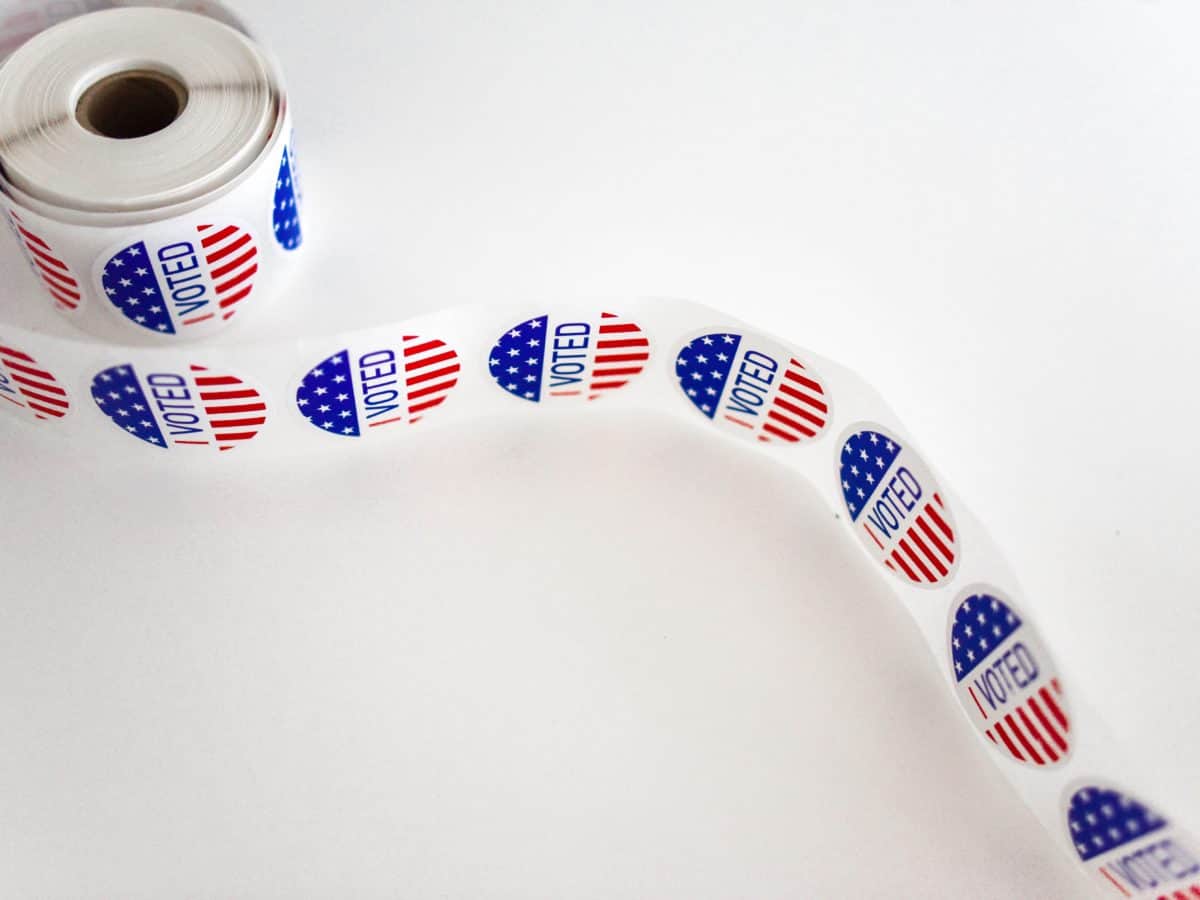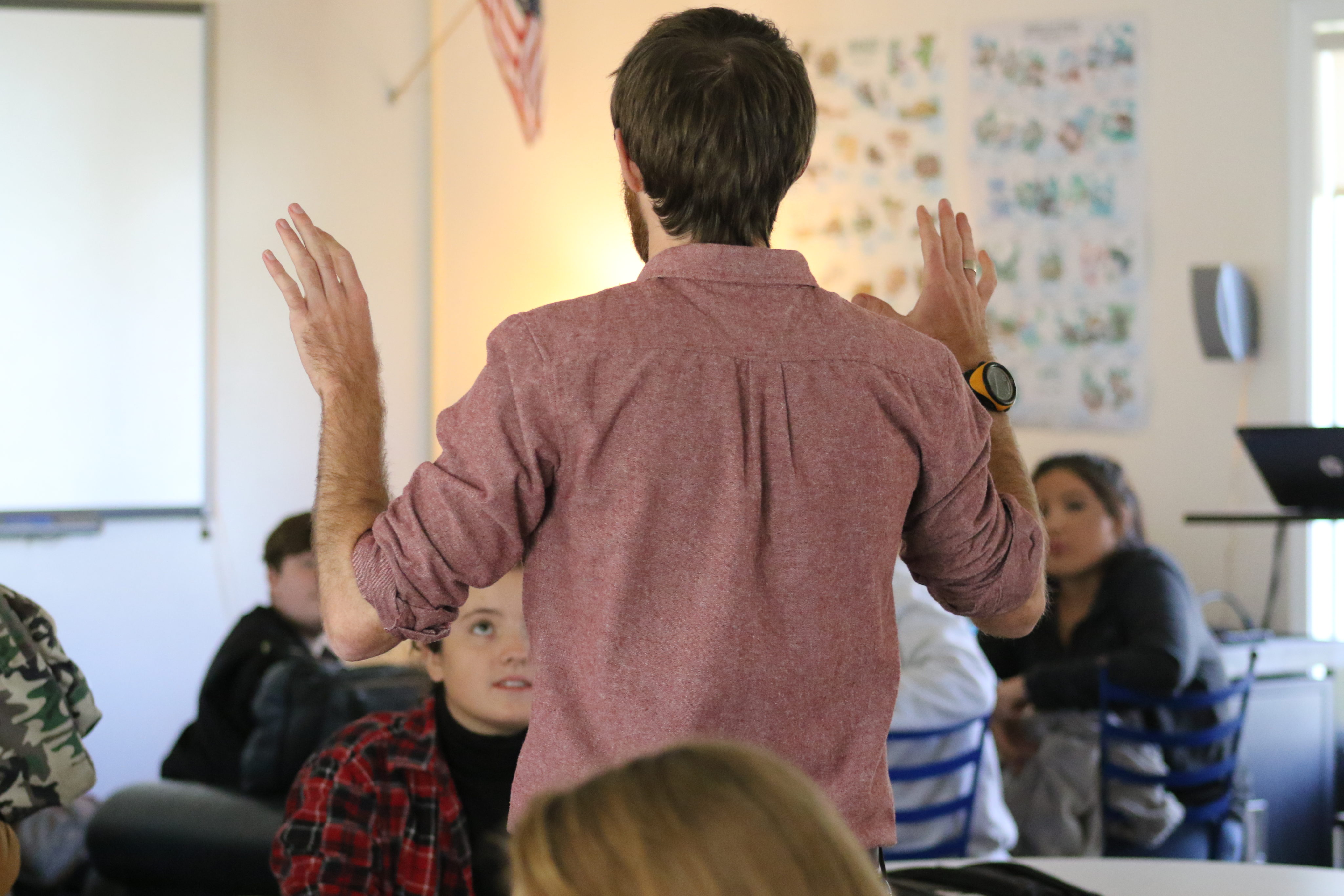

On Nov. 5, 1968, I drove from New Orleans to Baton Rouge to vote for the first time in a presidential election. Registered to vote at our family’s home address while completing college, I arrived at dusk to join a queue of citizens at the precinct site in the firehouse at the east end of Government Street.
In addition to the eagerness in casting a first vote, that election day offered the excitement of participating in a weighty decision that could bend history. Now, under the personal and community pressures of dealing with a viral epidemic of uncertain duration, the nation faces a history-laden, high-intensity election season already in motion.
Will North Carolina gear up in difficult circumstances to conduct a safe and accessible election in the fall? Especially for the youngest voters, an opportunity is at hand for a memorable experience, as it was for a first-time voter in 1968.
The 1968 election culminated a tension-filled, tumultuous year in American public life. Burdened by Vietnam, President Lyndon B. Johnson abruptly ended his re-election campaign. Martin Luther King Jr., was assassinated in Memphis. Riots broke out across the land. Robert F. Kennedy was shot and killed on the night of the California primary. Chicago police assaulted demonstrators as Democrats held their national convention.
Republican Richard Nixon won the election with a 110-vote Electoral College margin over Democrat Hubert Humphrey, though the popular vote spread was a mere 0.7 percentage point. Alabama segregationist George Wallace won 45 electoral votes by carrying five Southern states. The 1968 election propelled political realignments that still influence North Carolina and national politics today.
One more reflection on 1968: It was the first presidential election conducted after the Voting Rights Act of 1965, which pulled down barriers to the ballot erected in the Jim Crow era. For previously disenfranchised black Southerners, the 1968 election provided their first opportunity to vote in a presidential election.
Three years later, the 26th Amendment went into effect. It lowered the voting age from 21 to 18, a decision driven largely by the argument that if you’re old enough to fight in Vietnam, you’re old enough to vote. Taken together, the Voting Rights Act and the 26th Amendment markedly expanded access to the ballot.
To be sure, the rules, procedures, and the technology of voting remain contested issues in North Carolina as in other politically competitive states. This year, a November election, as required by the Constitution, will almost certainly be conducted in not-normal circumstances. In the event that COVID-19 continues to present a threat, the State Board of Elections has given the legislature, soon to convene, a set of recommendations that should serve as a basis for discussion and prompt decision to prepare for robust participation.
Worried about having sufficient personnel at the polls on Election Day, the board recommends an expansion of the student poll-worker program, under which high school juniors and seniors, recommended by their school’s principal and then trained, help staff precinct voting sites. “The average age of poll workers in North Carolina is around 70,” says the board’s proposal, “and the role requires significant interaction with the public, so we anticipate that poll workers in at-risk categories may be advised not to serve or may be unable to serve this year.”
Overall, the board’s recommendations envision a mixture of increased voting by mail and of in-person voting on Election Day. North Carolina is among 31 states with both early voting and no-excuses absentee voting, which means that voting by mail is an option for all voters.
For all Americans 18 and older, the 2020 elections will give them such clear, consequential choices as to propel a high level of participation that solidifies the integrity of the democratic process. For young voters, 2020 promises to be a formative as well as memorable experience. And it shouldn’t require driving 80 miles, as I did in 1968, to cast a ballot in a free and fair election.


